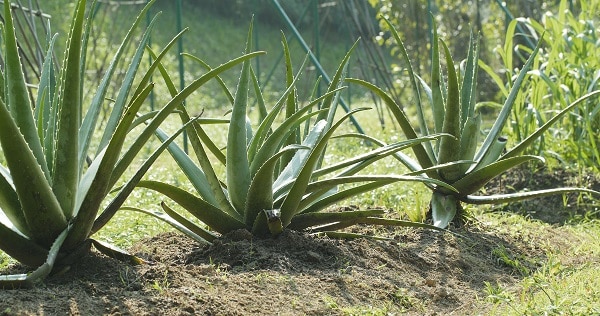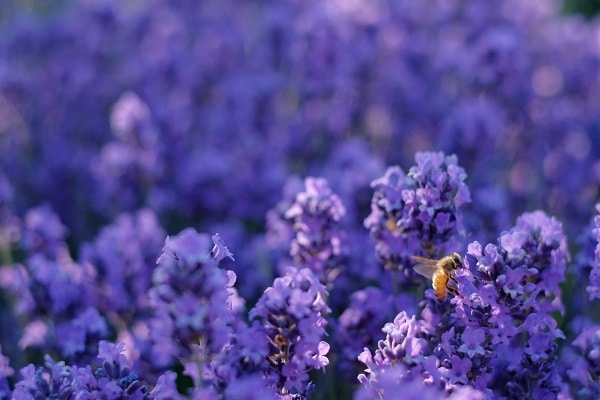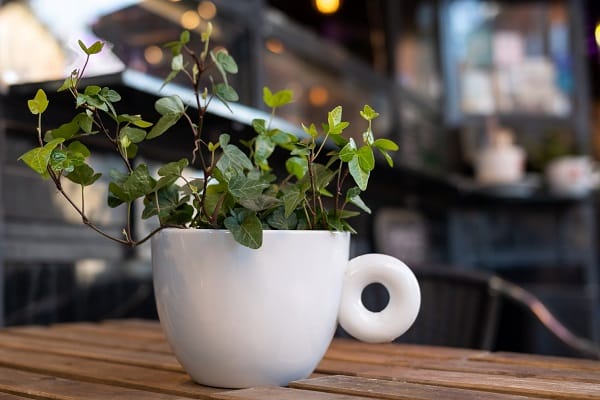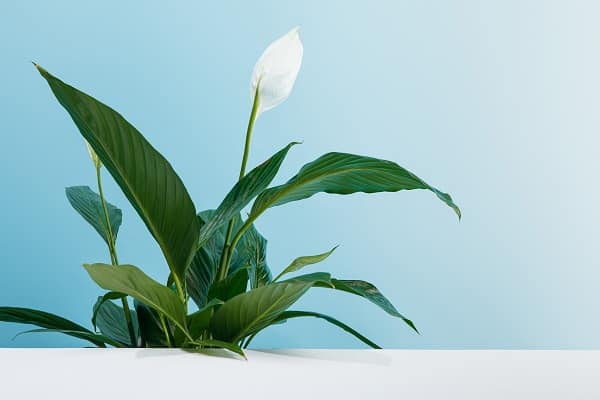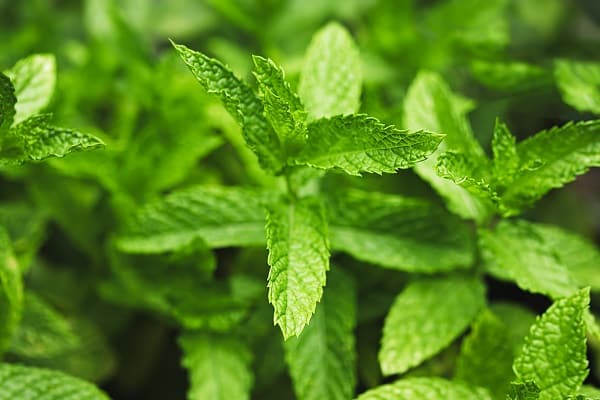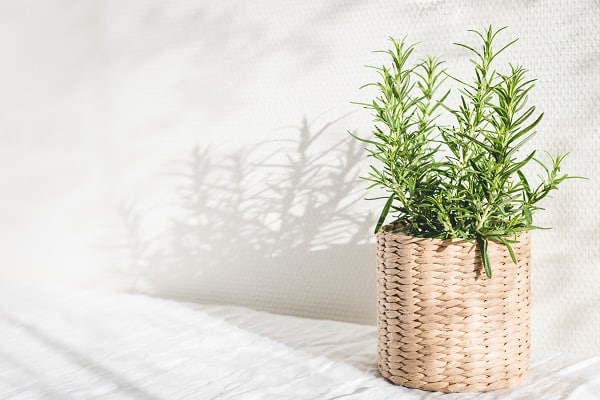For many people, the home is a sanctuary from the stresses of work and the outside world. But did you know that the plants you choose to grow in your home can also impact your stress levels? Studies have shown that interacting with plants can help to reduce stress, blood pressure, and heart rate. If you’re looking for a way to add more relaxation to your home, indoor plants are a great option. Not only do they help to purify the air, but they can also add a touch of beauty to any room. There are many plants to choose from, so you can find the perfect one to fit your décor. And with a little care, indoor plants can thrive for years. So without further ado, here are the most relaxing plants to grow at home.
Contents
Aloe Vera
Aloe Vera is a succulent plant that originates from the Arabian Peninsula. It has been used for centuries as a traditional remedy for various skin conditions. Aloe Vera is now a popular indoor plant, prized for its ability to thrive in the sun or shade and low maintenance requirements. Although it is most commonly known for its gel, which can be applied topically to soothe burns and other skin irritations, Aloe Vera also has many other benefits. The plant contains a high level of antioxidants, which can help to boost the immune system. Aloe Vera also has anti-inflammatory properties, making it an effective natural treatment for arthritis and joint pain. In addition, the plant can help improve circulation and promote healing. As a result, Aloe Vera is an increasingly popular choice for those looking for a healthy and low-maintenance indoor plant.
Lavender
For centuries, lavender has been prized for its unique scent and beneficial properties. The soothing fragrance of lavender is known to promote relaxation and ease anxiety. Studies have shown that lavender oil can help to improve sleep quality and reduce stress levels. Additionally, the plant is known to be effective against certain strains of bacteria. Given its many benefits, it’s no wonder lavender is such a popular indoor plant. Not only does it look beautiful, but it can also help to enhance the well-being of those who live in the same space. Look no further than lavender if you’re looking for a plant that will boost your mood and promote relaxation.
English Ivy
English ivy (Hedera helix) is a fast-growing, evergreen vine that can be an excellent choice for an indoor plant. With its glossy green leaves and vining habit, English ivy can add a touch of elegance to any indoor space. Though it is often grown as a groundcover or climbing plant outdoors, English ivy makes a beautiful trailing plant indoors. It can tolerate low light levels and thrives in humid environments, making it a good choice for bathrooms and kitchens. English ivy is also relatively easy to care for—it only needs to be watered when the soil is dry and can be fertilized every few months.
Jasmine
If you’re looking for a plant that will add beauty to your home and provide a pleasant scent, then jasmine is a great option. These beautiful, fragrant flowers are native to tropical and subtropical regions, but they can be successfully grown indoors with the proper care. Jasmine prefers bright indirect sunlight and well-drained soil. Allow the soil to dry out somewhat between watering, as too much moisture can lead to root rot. In addition, jasmine benefits from regular fertilization during the growing season. With proper care, your jasmine plant will flourish and fill your home with its unique scent.
Peace Lily
In today’s fast-paced world, it can be challenging to find time to relax. However, studies have shown that spending time in nature can help to reduce stress and improve overall well-being. One way to bring a little bit of nature into your home is to care for a peace lily. These beautiful plants are not only easy to care for but also help purify the air and contribute to a calm atmosphere. Peace lilies thrive in indirect sunlight and only need to be watered once a week, making them an ideal choice for busy people. In addition, they release moisture into the air, which can help to increase humidity levels and reduce static electricity. So if you’re looking for a way to add a little peace and tranquility to your life, consider adding a peace lily to your indoor garden.
Peppermint
The peppermint plant is a hybrid of water mint and spearmint. It is a popular herb that flavors food and beverages. Peppermint is also in essential oils and cosmetics. The plant consists of small, square stems covered in green leaves. The leaves are aromatic and have a menthol flavor. It is grown in humid climates and prefers soil rich in organic matter. Peppermint is native to Europe and Asia. The plant can reach up to three feet and produce small, white flowers. Peppermint can be propagated by stem cuttings or by seed. It is a fast-growing plant that does not require much care. However, it needs to be watered regularly and needs full sun and partial shade. Peppermint plants are susceptible to pests such as aphids, spider mites, and caterpillars.
Snake Plant
The snake plant, also known as the mother-in-law’s tongue, is a hardy and easy-to-care-for indoor plant. The snake plant gets its name from its sharp, pointed leaves, often variegated with shades of green and yellow. The snake plant also produces small white flowers that bloom in the spring. Native to Africa, the snake plant is tolerant of low light and infrequent watering, making it an ideal choice for those who don’t have a green thumb. With its striking foliage and ability to thrive in neglect, the snake plant is a popular choice for those looking for an easy-care houseplant. In addition to being low-maintenance, the snake plant is also known for its air-purifying properties. Studies have shown that the snake plant can help to remove toxins like formaldehyde and benzene from the air, making it an excellent choice for the home or office.
Rosemary
Rosemary has a history of being used for medicinal purposes, and modern science has confirmed its efficacy in treating various conditions. Research has shown that the plant rosemary can benefit indoor spaces. The aromatic herb not only freshens the air and improves concentration but can also help boost your mood and reduce stress levels. In one study, participants who inhaled rosemary oil reported feeling more alert and less anxious than those who did not. Rosemary oil is also known to improve cognitive function and memory recall. So if you’re looking for a way to make your home more inviting and relaxing, consider adding a pot of rosemary to your decor.
Grow These Relaxing Plants At Home!
Whether you’re a beginner gardener or an expert green thumb, there are various plants to choose from! If you’re looking for a way to improve the air quality and reduce stress levels at home, consider growing one of these relaxing plants. Not only are they beautiful and low-maintenance, but they also have many health benefits. From purifying the air to boosting your mood, these indoor plants will help create a more relaxing and healthy home environment.
